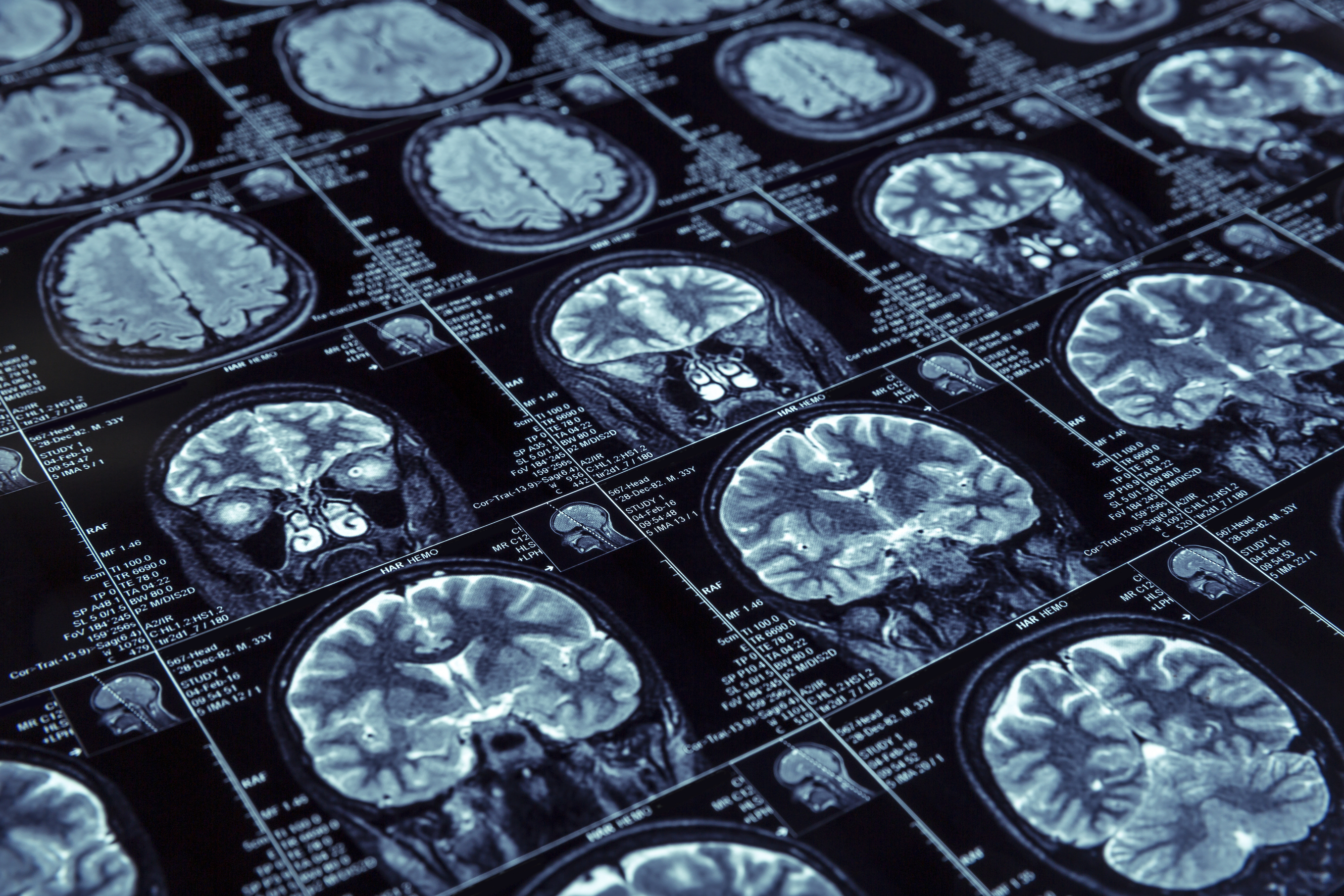Cambridge team says AI could diagnose dementia with one scan

Researchers at Cambridge University in the UK are trialling an artificial intelligence system that they think could spot the signs of dementia after a single brain scan.
The team – led by Prof Zoe Kourtzi of the university and Alan Turing Institute – told the BBC that the AI could make it possible to start treatment earlier to slow down progression of Alzheimer's disease and other forms of dementia.
The technology could be used to spot patients who are likely to have a slow decline in cognition and memory, and those that could have more rapid progression.
At the moment, it can take several brain scans and a battery of other cognitive tests to diagnose dementia, a process that can take between four and 12 weeks depending on waiting lists, according to the Alzheimer's Society.
The AI has been trained using thousands of brain scans from patients with dementia patients, and uses an algorithm to identify patterns that even expert neurologists cannot see, according to the BBC report.
In preclinical testing it has been able to diagnose dementia years before symptoms develop, and when there is no obvious signs of damage on a scan.
Around 500 patients will be enrolled into a clinical trial of the AI at Addenbrooke's Hospital in Cambridge and other memory clinics across the UK led by consultant neurologist Dr Tim Rittman.
Prof Kourtzi is also director of the Early Detection of Neurodegenerative diseases (EDoN) initiative, which recently secured $2 million in funding from the US Alzheimer's Drug Discovery Foundation (ADDF) to develop a digital "toolkit" of apps and wearables to detect the very earliest stage of dementia.
The main thrust of the project is to develop machine learning models to identify patterns of early disease specific to different neurodegenerative diseases.
"Global efforts to tackle the diseases that cause dementia are currently hamstrung by our inability to detect them early enough," according to Kourtzi.
"Digital technology holds enormous potential to put us on the front foot when it comes to identifying diseases like Alzheimer's."













